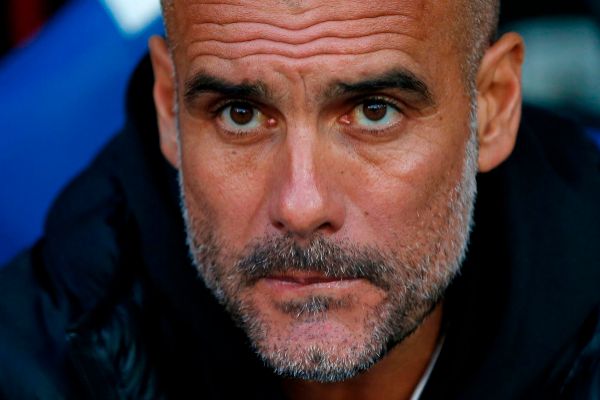One of the precursor events of the Balkan War was the great fight that took place during the Yugoslav football classic: Dinamo de Zagreb vs. Red Star of Belgrade. May 1990. The Bad Blue Boys of Zagreb and the Delije of Belgrade represented a knife in hand to the ustachas and the chetniks with a virulence that can only be understood in the pre-war political context: not even football can distill so much hate for itself unless you are draining the policy.
The Red Star was so intertwined with Serbian nationalism that, when he wanted to form his Tigres brigade, the first thing Zeljko Raznatovic , aka Arkan, did was to meet with the Delije and ask for volunteers. Years ago, in Belgrade, when leaving the lobby of the Intercontinental hotel that then retained the impacts of the AK-47 blast that killed Arkan, I met Marko , a veteran of the Delije who was at that meeting and said that it took a great willpower to escape the patriotic fever in which young men had already justified the killings they were about to commit.
It would be enough to remind all this of any progressive sports journalist so that he declared without hesitation that there is no more dangerous aberration than to convert a football team into a political instrument at the service of ultranationalism and supremacism. However, if that same sports journalist is told next that we are not referring to the Red Star, but to FC Barcelona, then he will be uncomfortable, he will avoid a blunt response, he will hide in generalities and in topics such as the anti-Francoist myth of the "More than a club". The question will have bothered him more precisely now that the last week of brutal spilled hatred, a hatred of the Balkans of the 90s, has shown that the possibility that Spain will have died again because of nationalism is not as remote as it seemed a month. Those dosed dead, yes, that Torra asked when he gave as an example the Slovenian route, which is what he is trying to execute now with the sentence alibi.
That of the «unarmed army of Catalonia» that Vázquez Montalbán coined now alludes, after institutional support, culminated the incendiary week, to more complicated nuances to justify. But sports gauchism happens with the political meanings of Barcelona as well as political gauchism with those of independence. Even in the face of the spectacle of brown, nationalist violence, it is difficult to suddenly give up a sanctuary that distributed credentials of moral superiority and that knew how to create a luminous legend compared to the guilty and dark stigmas of eternally post-Francoist Spain. Military in the unarmed army of Catalonia, oh, divine gauchism, was an atonement for the sin of being born Spaniard. And it is not easy to give up such narcissism, even now that all of Europe proves that it handled wrong prejudices and that what exists in Spain is an aggression against an open and free society perpetrated by a zombie reminiscence of nationalist, regressive, atavistic ideologies, which became, during the twentieth century, an assembly line dedicated to the production of death.
That Gauchist moral superiority awarded to nationalism throughout the cycle after the Transition also explains that footballers like Guardiola can go out to harangue hatreds, to pronounce cerrile proclamations of nineteenth-century nationalism and to harm as much as possible to Spain and its reputation without anyone withdrawing it. even the credentials of guru progre and menottista who reads poetry and cures leprosy by imposition of hands. It will take many slots to forget that at the beginning of the violence promoted by Tsunami there was an accomplice speech by Guardiola. Imagine that it happens the other way around: a Spanish ultra-nationalist footballer encouraging a week of hatred and fascist raids.
According to the criteria of The Trust Project
Know more- FC Barcelona
The intellectuals and Spain Jose Varela Ortega: "Spain has been saved by the lack of talent of the populists"
Speak for not shutting up Paco's men
The graphic aim Women do not want to die

